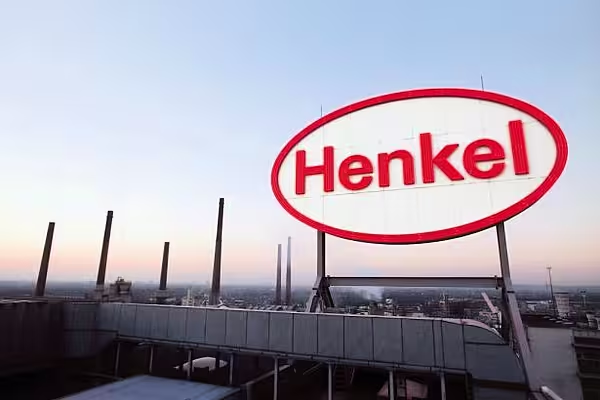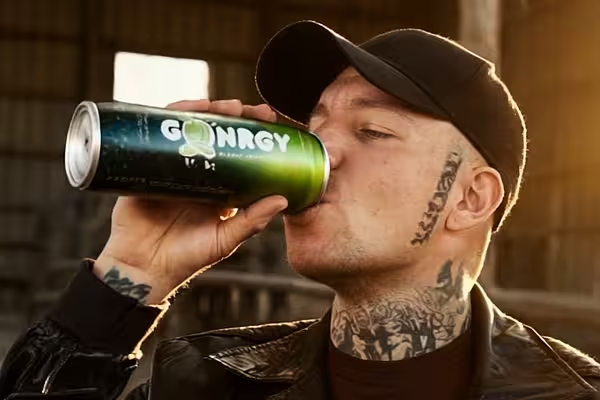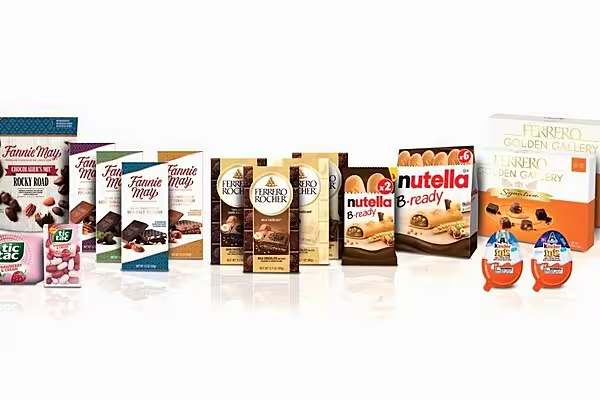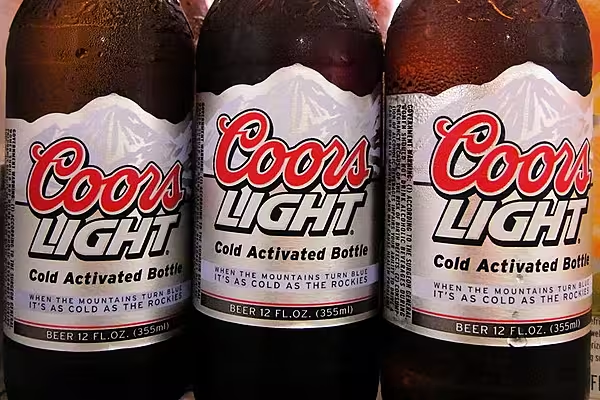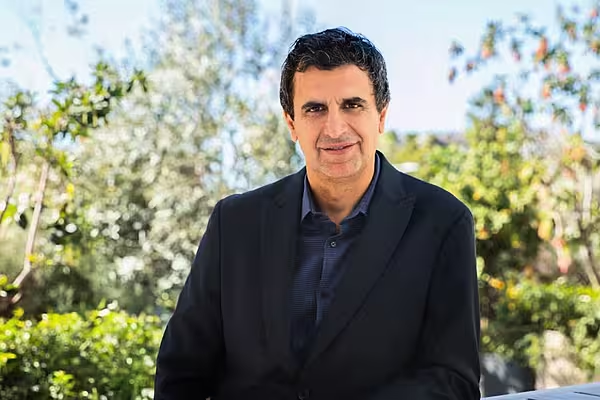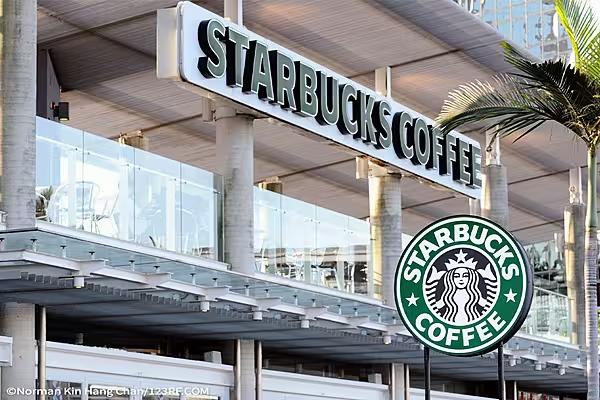Henkel AG Chief Executive Officer Kasper Rorsted dismissed speculation that he might seek a new job, saying he’ll see through his contract until at least 2017 to oversee an expansion in the U.S. of brands such as Persil detergent and Schwarzkopf shampoo.
“We need to consistently become bigger in the U.S.,” Rorsted said in an interview in London. “Unless you have a strong position in the most profitable market in the world, which is the U.S., we will in the longer term be disadvantaged.”
Danish-born Rorsted, 53, who took the reins at Henkel in 2008, has regularly been linked in the German press with a move to CEO jobs at other German companies such as sportswear-maker Adidas AG and industrial gas giant Linde AG. With his current contract expiring at the end of 2017, he shrugs off the reports as rumors based on his age and experience.
Asked whether he will see out his mandate, he said “I assume I will.” Hampering his ability to discuss plans beyond that are provisions in German corporate law under which his contract can’t be renewed until the final 12 months, he said.
For Rorsted, increasing Henkel’s market share in the U.S. remains a work in progress after he complained a year ago that he wasn’t happy with performance there.
Missed Out on CoverGirl
The Dusseldorf-based company doesn’t feature in the top 10 players in the North American hair-care industry by market share, while it’s the fourth-biggest laundry care supplier with 6.2 percent of the market, according to data compiled by Bloomberg Intelligence. Rorsted missed out on improving Henkel’s shampoo and hair dye offering in the region when Procter & Gamble Co. opted in July to sell for $12.5 billion a raft of beauty brands including Wella and CoverGirl to Coty Inc. instead of Henkel.
Even without the boost from that asset, the U.S. is Henkel’s single-biggest market. The company’s focus there is on salon hair-care products and rolling out its Persil detergent brand after an initial exclusive distribution through Wal-Mart Stores Inc. in March. Marketing expenditure from that effort will reduce profitability for two to three years while it helps Henkel expand its market share, Rorsted said. Henkel derived 18 percent of its 16 billion euros ($17.2 billion) in 2014 sales from North America.
‘Systematic’ on Acquisitions
The company on Wednesday raised its full-year profit goal after reporting earnings which beat analyst estimates. The shares jumped the most in five years.
Rorsted calls Henkel’s acquisition strategy “systematic” as he aims to hold top-selling brands in the company’s biggest markets of the U.S., Germany, China and Russia.
The company spent 270 million euros last year to buy three U.S. hair-care and styling companies. It also bought Bergquist Co. for 467 million euros to add adhesives and materials for managing heat in electronics. That will help expand Henkel’s offering to both the technology industry, which currently generates about 10 percent of its adhesives revenue, and carmakers. It plans to distribute the Chanhassen, Minnesota- based company’s products, which had primarily been sold in North America, through its global network, Rorsted said.
“We’re growing Bergquist substantially more quickly than we had anticipated,” Rorsted said. “A lot of the automotive business is electronic-related because you can’t drive a car without the electronics any more.”
News by Bloomberg, edited by ESM. To subscribe to ESM: The European Supermarket Magazine, click here.
